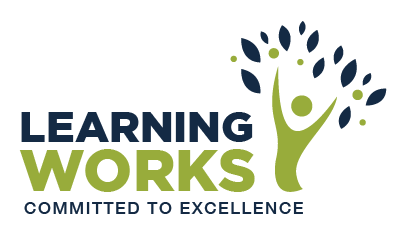Caring in general is a vocational career path- working with people is never an easy task, understanding temperament, character as well as identifying pain, discomfort or stress can heighten the challenges of the job. Learning how to support persons with disabilities is a rewarding, inspiring and highly respectable job choice, but learning how to do this job well requires a good amount of training.
The Award in Supporting Individuals with Disabilitiesis a 3-month long course on offer by Learning Worksand takes into consideration all the facets that can empower, improve and facilitate the livelihood of persons with disabilities. This specialist work-related course is targeted to those compassionate individuals who believe in the potential persons with disabilities can achieve if they are guided and encouraged by their peers. Apart from the theoretical aspect of the course, registered students will get a hands-on experience with clients. These practical sessions will take place in HILA Homesand other partner organisations that can best attain the high level of standards that Learning Works infuses into all its recognised courses.
The theoretical part of the course precedes the practical segment and equips learners with the knowledge on how to approach their patients. The Award in Supporting Persons with Disabilities is divided into 6 Units, which upon completion will result in 12 ECTS and the skills to manage the job successfully.
Unit 1 introduces the context in which students will be taking on their on-site training and future careers, the main scope of this unit is to embody a vision of inclusion into the lives of persons with disabilities. Factors such as human rights, advocacy, empowerment and active participation will be introduced through a communication fueled classroom structure.
Communication is a major part of any individuals social, psychological, emotional and spiritual well-being therefore during Unit 2 students will learn the most effective ways of creating a positive environment for healthy conversation skills to develop. In a day and age where social media is our most common form of contact, a focus on the building and managing of social networks will also be explored.
Other key factors such as reacting to a crisis and identifying the best solution to the emergency will be tackled in Unit 3, ethical arguments such as dignity, quality of life and the rights of individuals with disabilities will be brought up in Unit 4 while Units 5 and 6 will focus on the theoretical and practical facets of the job respectively.
Working as a carer is admirable but caring for those individuals with disabilities is a devotion to the most vulnerable part of society. Carrying out this vocational career with responsibility, compassion, empathy and sensitivity will result in a kinder, more genuine world of inclusion.
